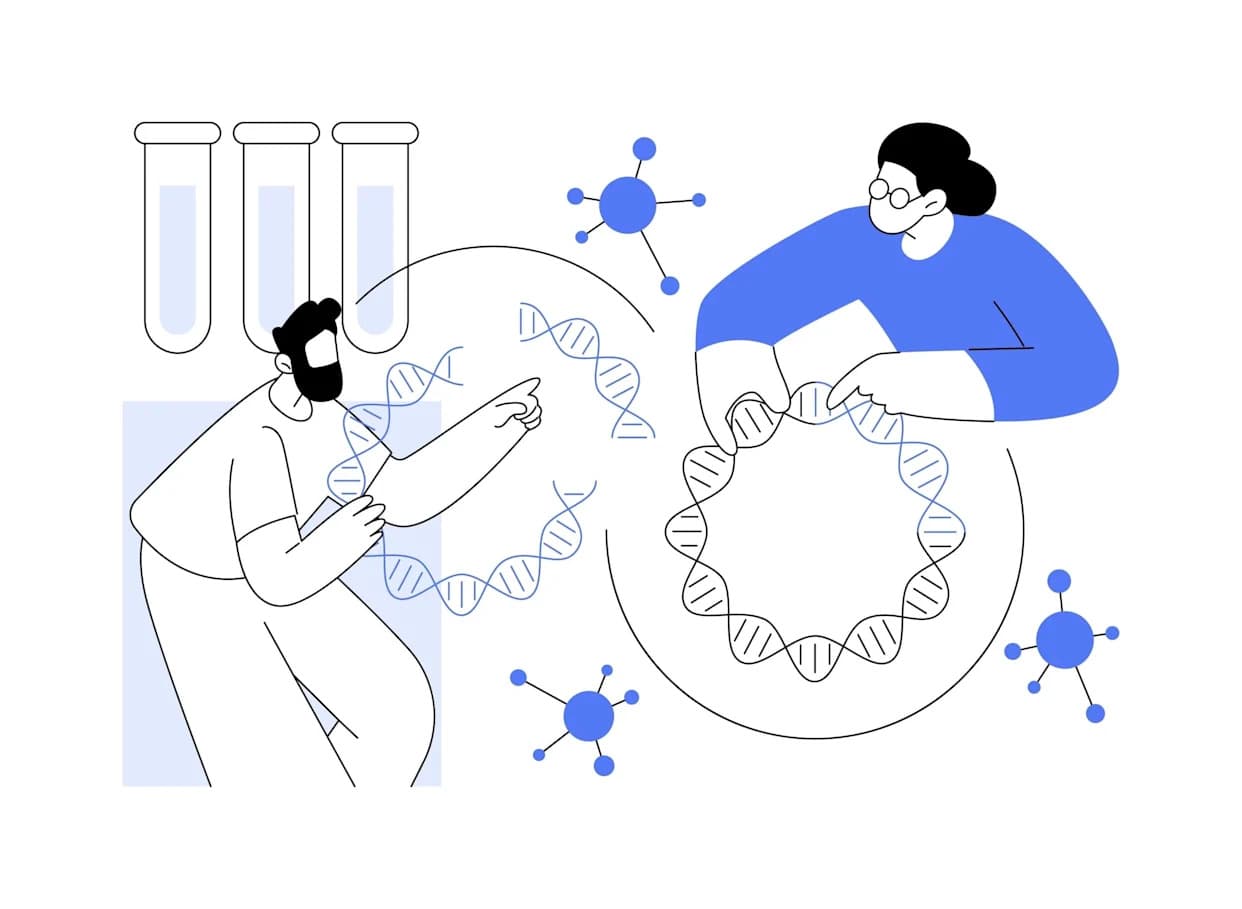ViTaL-D: the UK's first human trial testing whether gene-edited tomatoes can boost vitamin D levels. The Quadram Institute is recruiting 76 participants to eat soup made from tomatoes engineered to produce vitamin D after UV exposure, with results compared to conventional supplements. Developed at the John Innes Centre and backed by government funding, the trial could pave the way for nutrient-enriched crops and broader food-system innovations if successful.
UK launches first human trial of gene-edited 'sunshine' tomatoes to boost vitamin D

Gene-edited tomatoes enter first human trial to test dietary vitamin D
Researchers in the United Kingdom have begun a pioneering human study to test whether gene-edited tomatoes can raise vitamin D levels in people with deficiencies.
The Quadram Institute in Norwich is recruiting 76 volunteers for the ViTaL-D study. Participants will consume a soup made from tomatoes that have been genetically modified to produce vitamin D naturally after the fruit is exposed to ultraviolet (UV) light. Scientists will compare changes in participants' blood vitamin D levels with the effects of conventional supplements.
Scientists at the John Innes Centre developed the tomatoes by switching off a specific molecule in the fruit so that, following UV exposure, the tomato produces vitamin D. According to Professor Cathie Martin of the John Innes Centre, editing the tomato was relatively straightforward, but applying the same technique to other vegetables such as broccoli or cabbage will be more challenging.
The project is government-funded and supported by the Biotechnology and Biological Sciences Research Council (BBSRC). It received approval from an external ethics committee and proceeds under England's Precision Breeding Act, which permits the development and sale of gene-edited plants that could also have arisen naturally.
"We call it hidden hunger and we thought it was a third-world problem, but it's very much present in the U.K.," said Professor Martin Warren of the Quadram Institute, noting that one in five people in the U.K. have low vitamin D. Deficiency can weaken bones and muscles and is particularly common among children, older adults, people with darker skin, and those who are pregnant or breastfeeding.
Researchers and officials say the work could change how populations obtain essential nutrients and help strengthen food systems. The Department for Environment, Food and Rural Affairs (Defra) said the technology "offers huge potential to boost food security, cut pesticide use, increase crop yields and enhance disease resistance," and is backed by multimillion-pound investment.
Experts place the trial alongside other innovations aimed at making the food supply more sustainable — for example, methods to reduce the environmental impact of ammonia-based fertilizers and advances in vertical farming and indoor agriculture that can grow nutrient-rich crops year-round with reduced water and land use.
Food-system inefficiencies remain a major issue: Feeding America estimates roughly 30–40% of food is wasted each year in the United States. Advocates argue that nutrient-enriched crops could increase the nutritional value per harvest, reduce dependence on imported supplements and fortified foods, and help decrease waste across distribution systems.
If the ViTaL-D trial demonstrates that the tomatoes can raise vitamin D as effectively as supplements, Professor Martin hopes a commercially available "sunshine tomato" could reach the market within about three years. "Do we really want life to be just a series of pills?" she asked.
Next steps include completing the ViTaL-D trial, publishing peer-reviewed results, and assessing regulatory and commercial pathways if outcomes are positive. The trial represents an early test of how precision-bred crops might complement public-health strategies to address micronutrient deficiencies.
Help us improve.




























